Significance
Kuang-Hwei Educational Memorial Hall is the administrative center of Yiguandao’s Fa Yi Chong De Branch. The center is a home to Yiguandao missionaries who spread the religion abroad. It is also well known for establishing a presence and operating vegetarian associations on campuses, a practice which allows the folk religion to evolve and modernize. The memorial hall is constructed in the style of a northern Chinese palace. Its collection of cultural and historical relics includes several hundred Chinese Bodhisattva statues and rare Guanyin porcelain plaques. The building itself, together with its collection of relics, combines cultural and artistic attributes which showcase the beauty of religious art.
History
Kuang-Hwei Educational Memorial Hall is located at the foot of Hushan mountain in Nantou County’s Caotun Township. It occupies a three-hectare plot of land. The hall serves as the international administrative center of the Yiguandao’s Fa Yi Chong De Branch. Yiguandao is one of Taiwan’s major religious organizations. The Fa Yi Chong De Branch has its origins in Tongxing Temple in Tianjin, China. Initially, Chinese missionaries from a number of different branches of the religion came to Taiwan to proselytize. Among them were eleven groups under the Fa Yi banner. Senior master Chen Hong-zhen (1923 – 2008), a famous religious scholar known by followers as Auntie Chen, founded the Fa Yi Chong De branch. Over the years, it established five cultural and educational foundations around Taiwan, the Kuang-Hwei, Chong-De, Chong-Ren, Chung-Li, and Chung-Yi Cultural and Educational Foundations. The Kuang-Hwei Cultural and Educational Foundation was established in 1989 and Kuang-Hwei Educational Memorial Hall was subsequently completed in 1999. Northern Chinese palaces were the inspiration behind its design. The complex is composed of Chong De Temple, the Patriarch Shrine, the archives, the Cultural Hall and the Bodhisattva Statue Museum. There are also several gardens, including Chong De Garden and the Garden of Repose. The Bodhisattva Statue Museum has a rare collection of Guanyin porcelain plaques. In addition to Taiwan, Yiguandao has spread to Japan, the United States, and Southeast Asia.
Special Features
1The Patriarch Memorial Hall and the Grand Hall
 Kuang-Hwei Educational Memorial Hall resembles a northern Chinese palace on the outside. The Patriarch Memorial Hall is located on the first floor of the main building. The hall contains bronze statues of the 17th and 18th patriarchs and the 18th matriarch of the sect. The Grand Hall is situated on the third floor, and is dedicated to the Eternal Venerable Mother. Yiguandao worships the Eternal Venerable Mother, which it considers the source of universal existence. As there is no image of the deity, it is represented in the hall only by an oil lamp. On either side of the lamp are statues of Ji Gong, a Zen Buddhist monk who lived in the Song dynasty, the living Buddha, and the Moonlight Bodhisattva.
Kuang-Hwei Educational Memorial Hall resembles a northern Chinese palace on the outside. The Patriarch Memorial Hall is located on the first floor of the main building. The hall contains bronze statues of the 17th and 18th patriarchs and the 18th matriarch of the sect. The Grand Hall is situated on the third floor, and is dedicated to the Eternal Venerable Mother. Yiguandao worships the Eternal Venerable Mother, which it considers the source of universal existence. As there is no image of the deity, it is represented in the hall only by an oil lamp. On either side of the lamp are statues of Ji Gong, a Zen Buddhist monk who lived in the Song dynasty, the living Buddha, and the Moonlight Bodhisattva.
2The Bodhisattva Statue Museum The Bodhisattva Statue Museum contains a collection of Bodhisattva statues, including many sculpted in stone. There are thirty-six gilt Guanyin statues and dozens of famille rose Guanyin porcelain plaques measuring eighty-five centimeters by 150 centimeters. The museum also houses nearly a hundred ancient stone and wooden statues from the Song, Yuan, Ming, and Qing dynasties as well as porcelain statues with bluish-white, Longquan celadon, famille rose, and blue and white glazes, and gilt, Shoushan stone, Yixing clay, lacquerware, earthenware, and jade statues. The highlight of the collection is the set of rare famille rose Guanyin porcelain plaques. Visitors can learn about the history of Bodhisattva statues, compare the distinctive characteristics of each dynasty’s sculpting style, and appreciate the relationship between Buddhism and Bodhisattva statues while contemplating their beauty.
The Bodhisattva Statue Museum contains a collection of Bodhisattva statues, including many sculpted in stone. There are thirty-six gilt Guanyin statues and dozens of famille rose Guanyin porcelain plaques measuring eighty-five centimeters by 150 centimeters. The museum also houses nearly a hundred ancient stone and wooden statues from the Song, Yuan, Ming, and Qing dynasties as well as porcelain statues with bluish-white, Longquan celadon, famille rose, and blue and white glazes, and gilt, Shoushan stone, Yixing clay, lacquerware, earthenware, and jade statues. The highlight of the collection is the set of rare famille rose Guanyin porcelain plaques. Visitors can learn about the history of Bodhisattva statues, compare the distinctive characteristics of each dynasty’s sculpting style, and appreciate the relationship between Buddhism and Bodhisattva statues while contemplating their beauty.
3The Cultural Hall The Cultural Hall also forms part of the Kuang-Hwei Educational Memorial Hall complex. Its collection, acquired by the hall itself or donated by followers, contains artifacts dating from the Xia-Shang-Zhou period (2070 – 256 BCE) to the Ming and Qing dynasties (1368 – 1912). The collection is composed of bronze wares, jade wares and other items representative of their eras. Ceremonial equipment, wine vessels, sacrificial vessels, and everyday items constitute the bulk of the collection. The Cultural Hall is a microcosm of Chinese culture, and a stroll around the hall gives visitors the opportunity to compare artifacts from different dynasties.
The Cultural Hall also forms part of the Kuang-Hwei Educational Memorial Hall complex. Its collection, acquired by the hall itself or donated by followers, contains artifacts dating from the Xia-Shang-Zhou period (2070 – 256 BCE) to the Ming and Qing dynasties (1368 – 1912). The collection is composed of bronze wares, jade wares and other items representative of their eras. Ceremonial equipment, wine vessels, sacrificial vessels, and everyday items constitute the bulk of the collection. The Cultural Hall is a microcosm of Chinese culture, and a stroll around the hall gives visitors the opportunity to compare artifacts from different dynasties.
4The Porcelain Gallery Kuang-Hwei Educational Memorial Hall’s renowned Porcelain Gallery houses a collection of porcelain from the Song, Yuan, Ming, and Qing dynasties (960 – 1912), as well as from the Republican Era. The collection includes elegant Song Dynasty porcelains from the famous Ding, Ru, Guan, Ge, and Jun kilns; Yuan Dynasty Longquan celadons; Ming Dynasty blue and whites and polychromes; and Qing Dynasty famille rose, monochrome, and blue and white porcelains. The collection, composed of carefully selected works spanning many dynasties, is a must-see for porcelain art lovers.
Kuang-Hwei Educational Memorial Hall’s renowned Porcelain Gallery houses a collection of porcelain from the Song, Yuan, Ming, and Qing dynasties (960 – 1912), as well as from the Republican Era. The collection includes elegant Song Dynasty porcelains from the famous Ding, Ru, Guan, Ge, and Jun kilns; Yuan Dynasty Longquan celadons; Ming Dynasty blue and whites and polychromes; and Qing Dynasty famille rose, monochrome, and blue and white porcelains. The collection, composed of carefully selected works spanning many dynasties, is a must-see for porcelain art lovers.
Reminders
Kuang-Hwei Educational Memorial Hall is open from 8:30 a.m. to 5:00 p.m. Tour guides are available on Saturdays and Sundays. Those wishing to visit the hall on weekdays are asked to make an appointment in advance. The Chong De Health Promotion Center offers two- to three-day seminars every April, June, August, and October, with accommodation provided by the Kuang-Hwei Cultural and Educational Foundation. The contact number is (049) 235-1346.
Panoramic
Directions